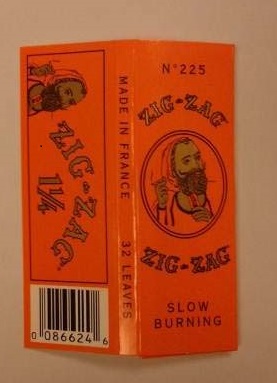Indianapolis, Indiana – Trademark attorneys for Plaintiff Allison Transmission, Inc. of Indianapolis, Indiana filed a lawsuit against Fleetpride, Inc. of Irving, Texas asserting trademark infringement.
Plaintiff Allison is a manufacturer of medium- and heavy-duty automatic transmissions. In conjunction with the manufacture and sale of transmissions, Allison developed a standard under which it would certify transmission fluids as approved for use in its transmissions. This standard, “TES 295,” is incorporated into a family of trademarks, Reg. No. 4,379,699, Reg. No. 4,166,531 and Reg. No. 4,993,880, which have been registered by the U.S. Patent and Trademark Office.
In 2015, Allison discovered what it alleges was an infringing use of the TES 295 trademark by Defendant Fleetpride. Allison contends that Fleetpride offered transmission oil under the name PRIMATECH TES295 and used a version of Allison’s TES 295 trademarks, both in its product numbers and its advertising. Trademark lawyers for Allison contacted Fleetpride to address Allison’s concerns, but no resolution was reached.
This litigation, filed in the Southern District of Indiana, followed. In the complaint, filed yesterday in federal court, Fleetpride is accused of “intentional, willful, and bad faith attempts to deceive or to create mistake or confusion in the minds of customers” as a result of its use of “TES295.” The lawsuit lists the following claims for relief:
• Count I: Infringement of Federally Registered Trademark (Lanham Act, 15 U.S.C. § 1114(1))
• Count II: Federal Unfair Competition and False Designation of Origin (Lanham Act, 15 U.S.C. § 1125(A))
• Count III: Common Law Unfair Competition and Trademark Infringement• Count IV: False Description of Goods
Allison is seeking damages, including treble damages, along with injunctive relief, costs of the lawsuit and attorneys’ fees.
 Indiana Intellectual Property Law News
Indiana Intellectual Property Law News





